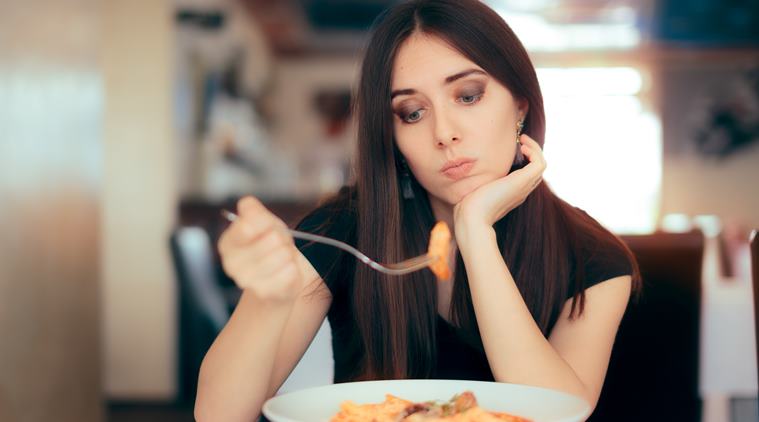The researchers called the phenomenon of eating more with friends and family 'social facilitation'.

Eating solo could help to cut food intake, since people tend to eat more with friends and family, suggests a new research. According to the study, published in the American Journal of Clinical Nutrition, eating ‘socially’ has a powerful effect on increasing food intake.
“We found strong evidence that people eat more food when dining with friends and family than when alone,” said research leader Helen Ruddock from the University of Birmingham in Britain.
ALSO READ | Beware! Frequent eating out can harm your health, warn researchers
For the study, the researchers evaluated 42 existing studies in social dining. Social norms might ‘permit’ overeating in company but sanction it when eating alone. Also, providing food is associated with praise and recognition, strengthening social bonds. The researchers called the phenomenon of eating more with friends and family ‘social facilitation’.
Previous studies found that those eating with others ate up to 48 per cent more than solo diners and women with obesity eating socially consumed up to 29 per cent more than when eating alone.
They found that this social facilitation effect on eating was not observed across studies which had looked at food intake among people who were not well-acquainted.
ALSO READ | Healthy menus begin with a healthier choice: Try millet seekh kebabs
“People want to convey positive impressions to strangers. Selecting small portions may provide a means of doing so and this may be why the social facilitation of eating is less pronounced among groups of strangers,” Ruddock said.
The researchers explained that ancient hunter-gatherers shared food because it ensured equitable food distribution.
In the case of social facilitation, we have inherited a mechanism that now exerts a powerful influence on unhealthy dietary intakes, the researchers said.
Source: Read Full Article
